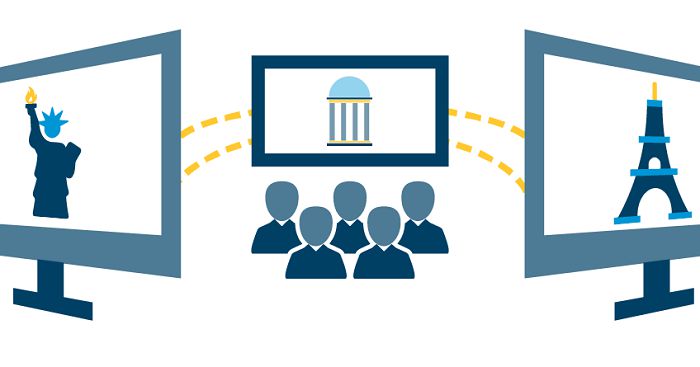Table of Contents Show
The flow of records is an essential part of day-to-day business activities. Businesses and enterprises on daily basis come to deal with a variety of records that typically include.
In this write-up, we will explain each in detail and why businesses with an excessive amount of records need to leverage professional archiving solutions to speed up internal workflows. With time, physical records management becomes a major issue for businesses as the number of papers and files increases and its management becomes time-consuming, and slows down the business activities.
Types of Organizational Records
1. Accounting Records
Records related to all financial transactions, such as the in and outflows of capital fall into financial or accounting records. For instance, deposit slips, cash receipts, income statements, profit or loss statements, balance sheets, vouchers, and tax associated files. Accounting records are very essential and therefore require long-term preservation.
2. Correspondence Records
Records related to correspondence mainly include letters, memos, notices, and memos that are either received from outside or created inside an organization.
3. Legal Records
Documents that have a role in the legality and legitimacy of an organization are known as legal records. Such documents help to protect an organization on legal and litigation grounds. These files are comprised of the article of association, government rules, and regulations, memorandum of association, security and exchange-related documents, contracts, and policy papers. These files are to be presented in court proceedings while undergoing any hearing of accountability or a lawsuit.
4. Progress Records
Records that provide updates or information about the progress of the business or an individual department fall into the progress records category. Mainly it includes sales records, orders stats, purchases, budget, liquidity, and costs.
5. Personnel Records
Documents that are associated with the personnel/employees of a business are called personnel records. Personnel records include history cards, promotion and work history, performance appraisals, salaries, absenteeism, name of the employees, address, contacts, and morality.
Key benefits of physical records management solutions for businesses
Businesses become better off in terms of profitability when they decide to outsource their records management to any third-party archive technologies company.

- Records Security: Security becomes a major concern when records leave the realm of a business. Professional records management firms ensure utmost security, round-the-clock onsite surveillance, no access to unauthorized personnel, and biometric check-ins and out to the storage warehouse.
- Going Paperless: Every well-run records management company allows businesses to embrace the race of digitization by converting all the physical documents to electronic versions. Easy to access and retrieve, electronic records help optimize business processes, reduces labor cost and time consumption significantly.
- Online Records Access: One of the highly rewarding benefits of electronic records is universal access. As a business owner or manager, you can be anywhere in the world, and still be able to manage and retrieve the company records with a click of a button.
- Safe Records Destruction/Shredding: Records management provides clients with the service of records shredding service on demand. Documents that are no longer of any use to the business are safely destructed.
Conclusion
Every organization handles a variety of documents, such as accounting and financial documents, legal and progress-related records, correspondence, and records related to company personnel. With time, these documents increase in amount and make the management process more cumbersome. However, businesses today can bypass the records management process by outsourcing all the inactive and dormant records to a third-party records management company. It helps optimize the business workflows, improve the security of the records and ramp up the retrieval process.











